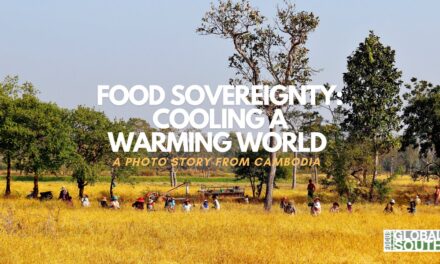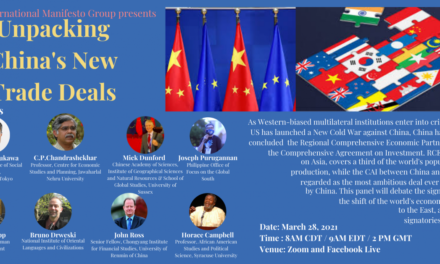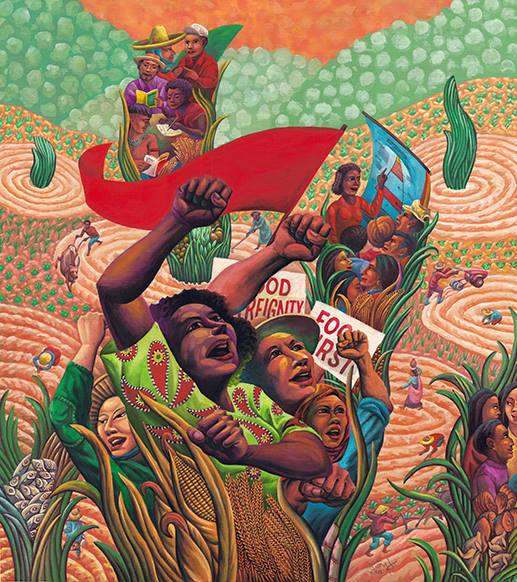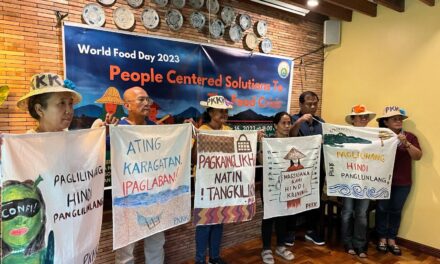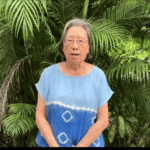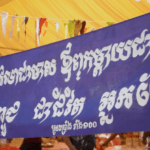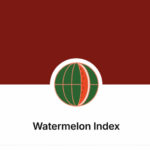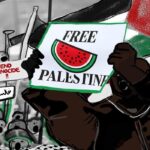Input from Focus on the Global South:
Let me start by thanking LVC for inviting Focus on the Global South to this incredible and inspiring conference and warm greetings on your 30th anniversary. We are an Asia based activist think tank that challenges corporate globalisation and militarisation and promotes progressive alternatives – we have been proud allies with LVC for nearly 3 decades.
Taking on from yesterday’s presentations by LVC leaders from India and Palestine on the complicated and challenging context in Asia (climate, debt, free trade, corporate concentration, authoritarianism, war), I will focus on only two issues – trade and Nyéléni 2025.
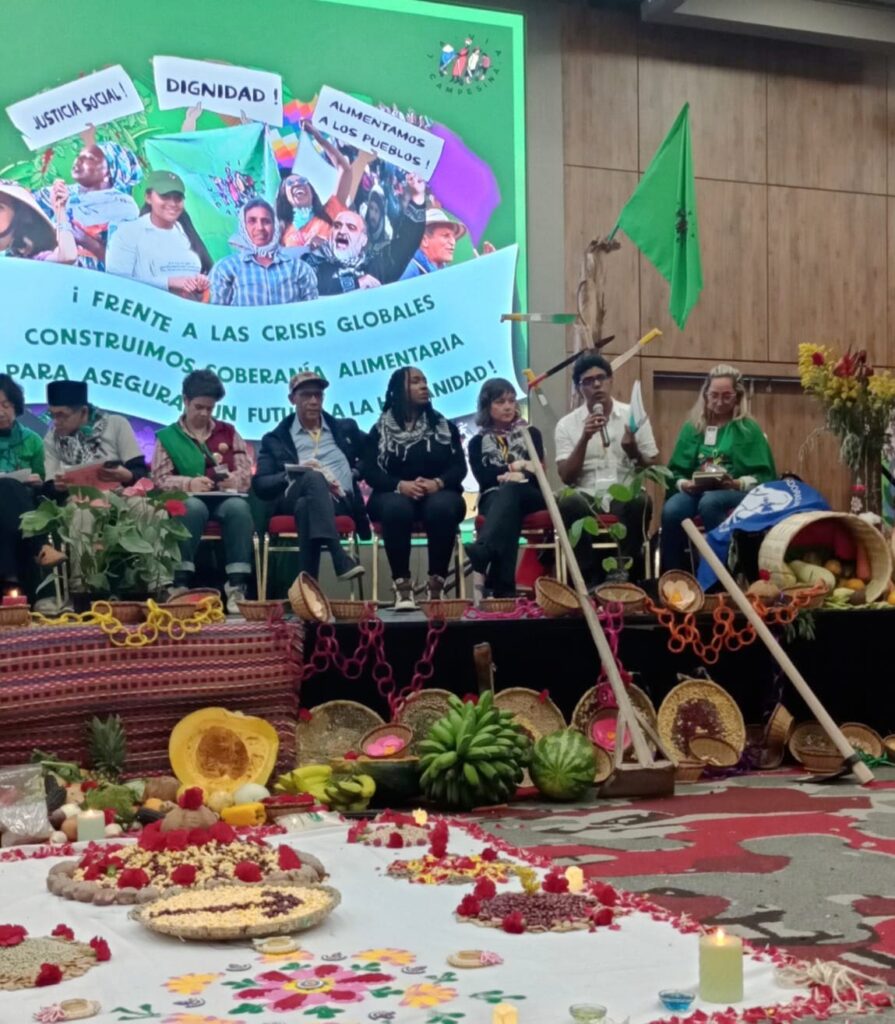
Benny Kuruvilla from Focus on the Global South, speaking at the Plenary Panel at La Via Campesina 8th Congress on 4 December 2023 in Colombia.
First on – Free Trade. The WTO is no longer the pre-eminent vehicle for trade liberalisation and for all practical purposes the AOA is stuck, but the reality today is that the trade space is rapidly changing even as free trade unravels. But there are attacks on other fronts, such as the 14 nation Indo-Pacific Economic Framework (IPEF) led by the USA which is being sold as not a typical FTA.
But given the experience of the WTO and FTAs especially in agriculture, many southern governments are wary of these new frameworks on trade. India for instance has refused to join the trade pillar of the IPEF.
This crisis of free trade is an opportunity to work with a range of actors for an alternative trade initiative. We don’t need to completely invent something new. When the south was resisting the launch of the Uruguay Round in 1980s, Brazil and India took the lead in establishing a counter agreement in 1989 between developing countries called the GSTP – Global System of Trade Preferences[1] – GSTP was a south-south agreement to counter the AOA – not based on free trade but preferential tariff reductions among its members and for the pursuit of cooperation for trade. Of course the GSTP did not succeed and the AOA took off in 1995 with the creation of the WTO.
But unlike GSTP which was state led – this new 21st century alternative would be an initiative from the movements – the work could include the creation of an independent commission for the reform of international agriculture trade which could be comprised of social movement leaders, economists, former trade ministers, former diplomats – working in close alliance with progressive governments and intergovernmental bodies such as the South Centre and UNCTAD which are wasting their time by still tinkering at the margins of WTO-AOA reform.
I know there is some preliminary work being done by LVC towards a trade framework based on food sovereignty but the point we want to underline is that Food Sovereignty is not LVCs struggle alone – Food Sovereignty is a pathway and a political project to make change for a more just and egalitarian world. In a sense it is a politically and intellectually decided set of tactics and a programme. It is an advance from the contemporary world wracked by crisis to a future that is filled with hope.
And secondly on Nyéléni and the India process towards 2025: it is a very challenging time in India and in two years it’s not going to get easier – we’ve had an authoritarian majoritarian regime for the past 10 years which also has a pro corporate agenda – pro privatisation, anti-environment, anti-farmer and anti-worker.
The right wing in India is formidable but not unbeatable and two recent instances stand out – where they failed – in 2019 India had to withdraw from the world’s largest FTA – the 16 nation RCEP – due to widespread protests by peasant groups across the country – and in 2021 after a year- long legendary protest by farmers in the borders of Delhi and beyond – they had to revoke 3 pro corporate farm laws. While these protests were led by a number of members of LVC here – and other peasant organisations from across the country – there was also widespread support from students, trade unions, social movements, women’s groups, independent media – and many of them are under attack and are fragmented today.
The 2025 Nyéléni process should bring together all these progressive forces and that process should start now. It is a time of upheaval, resistance and hope, when young people in universities, unions and people’s collectives are resisting in the hope that a better world is possible, and that they want be part of making this happen.
CONCLUSION
To end, this conversation on building food sovereignty does not end here or begin here –it’s an ongoing conversation between various social movements, unions, left parties, progressive think tanks and governments. Building cross sectoral working-class solidarity – is something we live with, encourage and develop all the time. It is people’s power which will ultimately prevail, and restore peace and justice.
And we look forward to continuing this with LVC and others in the good fight to build a more just and equitable world.
——
[1] Algeria, Argentina, Bangladesh, Benin, Bolivia, Brazil, Cameroon, Chile, Cuba, the Democratic People’s Republic of Korea, Ecuador, Egypt, Ghana, Guinea, Guyana, India, Indonesia, the Islamic Republic of Iran, Iraq, Libya, Malaysia, Mexico, Morocco, Mozambique, Myanmar, Nicaragua, Nigeria, Pakistan, Paraguay, Peru, Philippines, Republic of Korea, Singapore, Sri Lanka, Sudan, Thailand, Trinidad and Tobago, Tunisia, the United Republic of Tanzania, Uruguay, Venezuela, Viet Nam, Zimbabwe and Mercosur.

